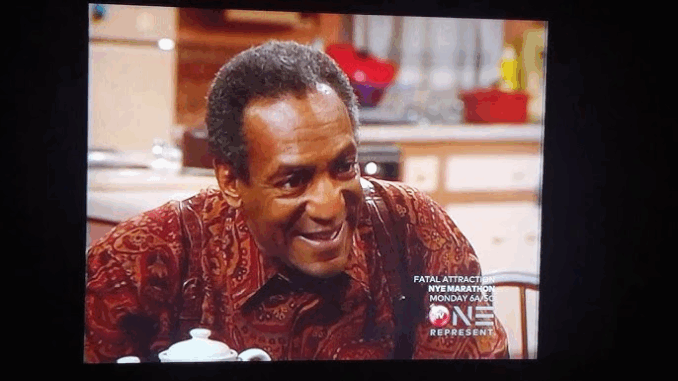
In the pantheon of American television, few shows have had the cultural weight and impact of The Cosby Show. Debuting in 1984 and running until 1992, the NBC sitcom wasn’t just another prime-time comedy—it was a phenomenon that reshaped how television networks approached race, family, and success in storytelling.
Changing the Television Landscape
At its peak, The Cosby Show was more than the most-watched program in the country—it was a symbol of what television could become. In an era dominated by white, suburban families and slapstick humor, The Cosby Show broke the mold. It featured an educated, professional Black family in a loving, aspirational setting. The Huxtables weren’t just relatable—they were aspirational without being unattainable.
Networks took notice. The show proved that a Black-led series could achieve both critical acclaim and mass-market appeal. In doing so, it cracked the door open for a more diverse television future—one where shows led by people of color became not the exception, but a viable model.
A Cultural Bridge
One of the most powerful aspects of The Cosby Show was its ability to bridge audiences. While rooted in Black culture and experiences, the show focused on universal family values: discipline, education, humor, and respect. Storylines around dating, school troubles, and sibling rivalry resonated across racial and class lines, making the Huxtables a household name in every kind of American home.
Episodes often included nods to African American art, music, and literature—jazz, HBCUs, and African heritage were celebrated regularly—presenting culture not as a side note, but as central to the family’s identity.
The Disruption of the Cosby Scandal
Yet, as with many cultural icons, the legacy of The Cosby Show became complicated. The sexual assault allegations against Bill Cosby, once America’s beloved TV dad, stunned the public. The emotional dissonance between the character of Dr. Huxtable and the crimes Cosby was accused of (and briefly convicted for) led to a reckoning.
Television stations and streaming platforms removed the show from rotation. For many, the scandal tarnished not only Cosby’s image but also cast a shadow over the show’s cultural achievements.
A Broader Legacy Beyond One Man
Despite the controversy surrounding its creator and star, The Cosby Show remains a watershed moment in American media history. Its influence extends beyond Bill Cosby—to the writers, directors, and actors it empowered, and to the generations of Black creatives it inspired to see themselves on screen in nuanced, dignified roles.
It also forced television audiences and executives to reevaluate how race and class are represented, and what it means to portray Black life in its full richness—not just its struggles, but its everyday joys and successes.
Final Thoughts
While The Cosby Show may never again occupy the unchallenged pedestal it once held, its importance cannot be erased. It was a turning point in the American cultural narrative—one that showed how storytelling, when done right, can reshape society’s perceptions and open doors long kept closed.
In the evolving conversation about art, ethics, and impact, The Cosby Show stands as both a triumph and a cautionary tale—a reflection of television’s potential, and its imperfections.
